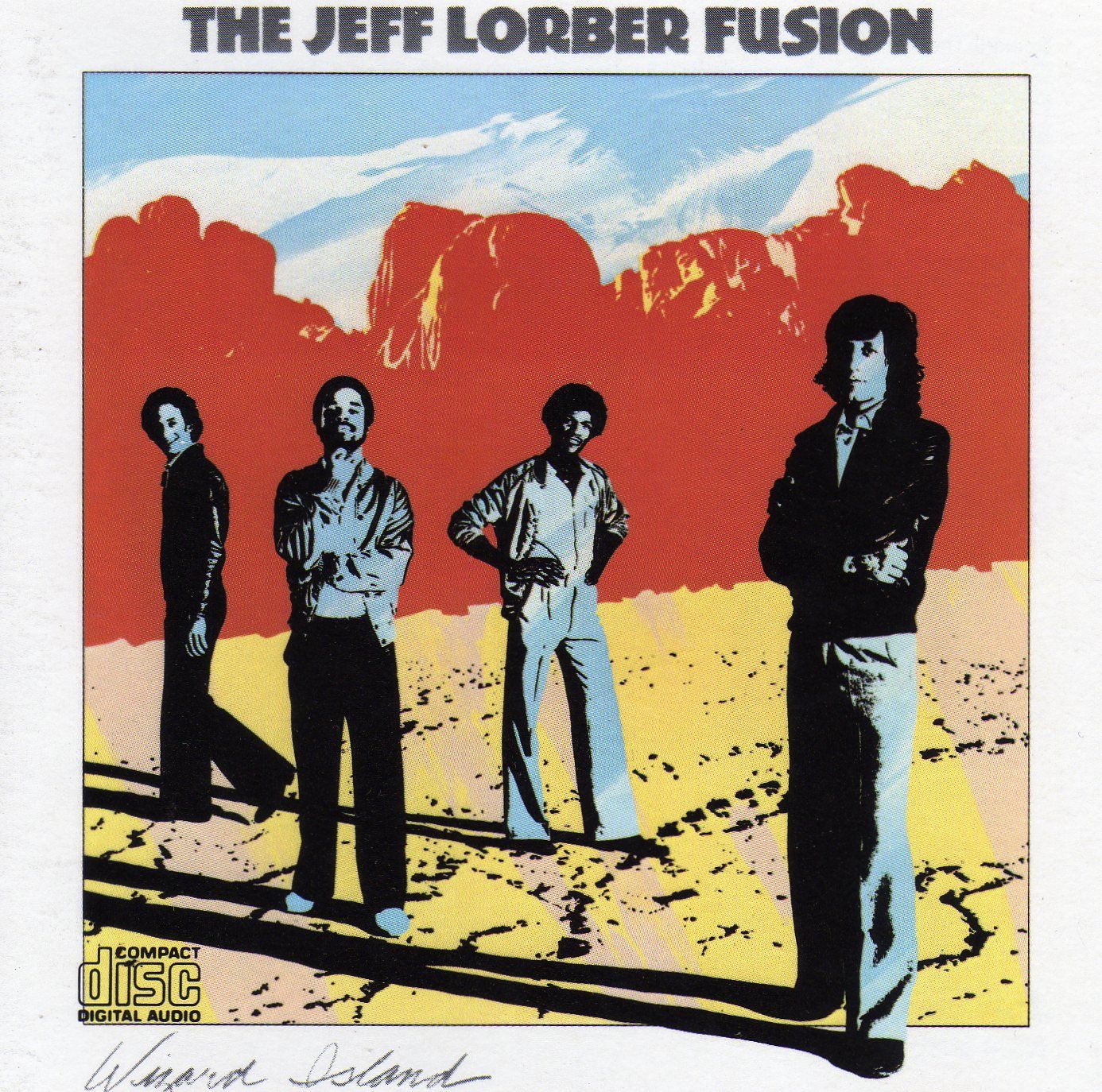
2 on the charts,” and she’ll say, That’s good, I want you to work hard, that’s why I gave you my kidney. I’ll tell her something good happened, like, “Hey, my record came in at No. A number of years ago I had end-stage kidney disease polycystic kidney actually affects a lot of people, but people don’t know about it. Basically, I just say, “Yes, dear, you’re right about that.” It actually makes life a lot easier. Q Do you have to stay with your wife since she gave you a kidney?Ī Not only do I have to stay with her, but she wins all arguments from now on. He was gracious allowed me to ask him all the questions that I have been saving up for years. Before that we had met briefly here and there at some jazz festivals. He invited me to come along and so I got the chance to get to know him quite well over a few hours. He was on a mission to get some ice cream. I open the door about to go out to the ice machine and there was Herbie. Q Tell me about the time you ran into your idol Herbie Hancock near the ice machine.Ī We were both staying at this hotel in Florida. Hancock and Chick as far as modern piano players Keith Jarrett is one of my favorites. That was sort of “Man, I want to do something like that!” I’m sort of a big fan of the history of jazz piano players, like McCoy Tyner, Bill Evans, Horace Silver, Thelonious Monk - piano players with Miles Davis. When I first heard that blend of funk and jazz he came out with, really in the ’70s, that just had an enormous effect on me. Q Who are your favorite instrumentalists?Ī Probably my biggest influence is Herbie Hancock. The album’s called “Getting Away with Murder.” I’m sure you know that she’s a real stitch to hang out with, a real fun lady.Ī El DeBarge is one of them.

I think that sort of established her career. That’s probably one of the best records ever made. The work that she did with Quincy Jones on “The Dude” album was the first time I ever heard of her. Q Is Patti Austin the greatest singer in the world or is this just my opinion?Ī Well, she’s an excellent singer. I hope listeners get a chance to hear what I’m doing without having to be filtered by the critics. I’ve done what I’ve always done: make funky, melodic music. Unfortunately, the way it has been, it’s become sort of an irresistible punching bag. That was great for giving instrumental artists a chance to be heard. Q What do you think of jazz being categorized as smooth jazz?Ī Smooth jazz was a radio format. I’m going to stick with it as long as I can. At the same time, I think people still love music and I know I love making and playing it.

Unfortunately, I think music has taken a little bit of a back seat compared to the way it was years ago, with people spending all their time online and other forms of entertainment. Q Do you think the music industry has lost its way?Ī It’s tough. Actually, it really came in handy because all this new music technology requires kind of a scientific mind to master it. I was a chemistry student at Boston University for a couple of years.Ī I can try to do some math. I did actually kind of get away from it for a while. I went to music school and that led to a career as a musician. For more on “Hacienda,” check .Ī I didn’t know what I wanted to be, but when I graduated high school, I knew I loved music. There’ll be a short wait for his next CD, “Hacienda,” being released at the end of the month. I interviewed Lorber for this /video Q & A when he was here in February 2012, not imagining he would be so long returning. A father of fusion and a pioneer of smooth jazz, Lorber returns to the Dakota in Minneapolis for two shows a night Tuesday and Wednesday, playing in multi-instrumentalist Shaun LaBelle’s “dream band.” My friend LaBelle is launching his latest CD, “I’m Back,” with the gig that also stars sax player Everette Harp and multi-instrumentalist and vocalist Stokley, of Mint Condition. Jeff Lorber fans owe a debt of gratitude to his wife, Mink, which will be disclosed shortly.


 0 kommentar(er)
0 kommentar(er)
